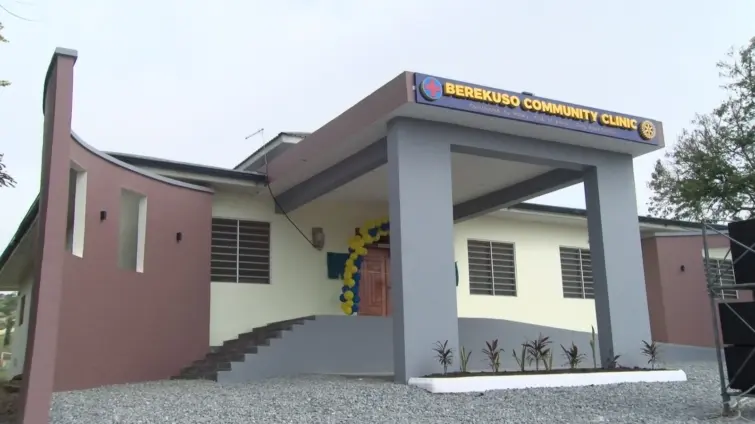Across the African continent, from bustling city centers to remote rural villages, the promise of independence has yet to fully translate into widespread prosperity. Decades after colonial rule, many nations still grapple with entrenched challenges, hindering their progress on the global stage. But according to the late former Vice President of Ghana, Dr. Mahamudu Bawumia, a powerful solution lies within reach: smart formalization.
Speaking at the Cambridge Africa Business Conference on May 17th, Dr. Bawumia presented a compelling vision for Africa’s future, one where digital transformation fuels economic growth and empowers citizens. His concept of smart formalization offers a pathway towards building resilient economies and fostering inclusive development. It’s a vision rooted in leveraging technology to create more efficient, transparent, and accessible governance structures.
At its core, smart formalization proposes a fundamental shift in how African nations operate, moving away from traditional, often cumbersome, bureaucratic processes toward digitally driven systems. This transformation promises to unlock new opportunities for growth and address some of the continent’s most pressing challenges.
Dr. Bawumia defined smart formalization as the creation of integrated systems that enable governments to better understand and interact with their citizens. “Smart formalisation entails the creation of integrated systems that enable governments to better understand and interact with their citizens in a more efficient, affordable, and transparent manner,” he said. This involves leveraging digital tools to streamline processes, improve service delivery, and foster greater civic engagement.
Bawumia highlighted key challenges hindering Africa’s progress, including the absence of robust identification systems, inadequate property address systems, a predominantly cash-based informal sector, and widespread financial exclusion. These factors contribute to inefficiencies, limit access to essential services, and hinder economic growth. However, smart formalization offers a way to overcome these obstacles.
Digital solutions can address each of these challenges directly. Biometric identification systems can provide citizens with secure and verifiable identities, enabling access to healthcare, education, and financial services. Digital addressing systems can improve urban planning, facilitate delivery services, and enhance tax collection. Promoting digital payments can reduce reliance on cash, increase transparency, and bring more people into the formal financial system. The move to digital processes makes smart formalization an attainable goal.
Smart formalization creates a virtuous cycle. As public service delivery improves through digital systems, citizens become more engaged, leading to accelerated development. For example, digital healthcare records can improve patient care and reduce administrative costs. Online tax portals can simplify the tax filing process, increasing compliance and revenue collection. E-governance platforms can enable citizens to participate more effectively in decision-making processes, promoting transparency and accountability.
This creates a virtuous cycle where public service delivery improves, civic engagement deepens, and overall development is fast-tracked, as Bawumia noted. With smart formalization, the trajectory of a country can change exponentially.
While past development models, particularly those following World War II, offer valuable lessons, Africa has the unique opportunity to leapfrog traditional approaches by embracing modern technologies. Blockchain, artificial intelligence (AI), and mobile computing can drive transformative change across various sectors. Blockchain can enhance transparency and security in land administration and supply chain management. AI can optimize resource allocation, improve fraud detection, and personalize public services. Mobile computing can extend access to information and services to even the most remote communities.
By leveraging these technologies, African nations can build more inclusive economic frameworks that promote wider participation and create opportunities for all. Smart formalization requires that technology promotes economic frameworks to include those who were previously excluded.
In conclusion, smart formalization, driven by digital transformation, represents a powerful pathway towards building resilient economies and fostering inclusive growth in Africa. By embracing digital solutions, governments can improve public service delivery, enhance civic engagement, and accelerate overall development. As Dr. Bawumia urged, African governments must embrace digital transformation as a strategic imperative to unlock the continent’s vast potential.
What digital initiatives are showing promise in your country? Share your thoughts and examples in the comments below.
Image Source: MYJOYONLINE






















